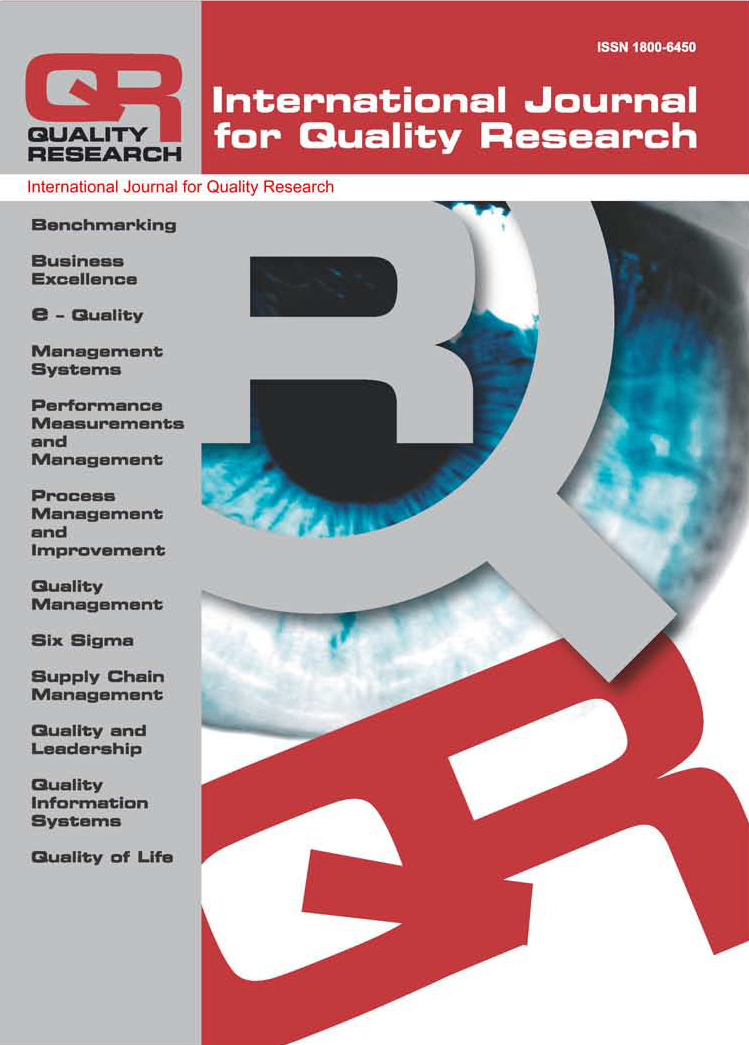CORPORATE CULTURE IN SLOVAK ENTERPRISES AS A FACTOR OF HRM QUALITY - CASE STUDY
Silvia Lorincova, Milos Hitka, Zaneta Balazova
Abstract: Corporate culture as a unique set of opinions, value systems and standards of behaviour is specific for each organisation. It can be observed in behaviour, mutual interaction, self-actualisation. It is necessary to familiarize with its principles and individual levels in order to understand this multilateral phenomenon. We want to mention the differences in corporate culture in medium-sized enterprises (up to 250 employees) and large businesses (more than 250 employees) in Slovakia in the year 2016 using the methodology OCAI. Following the results we define the level of corporate culture as a part of human resource management. Pursuant to the analysis of the sampling unit consisting of 108 medium-sized enterprises we found out that the dominant corporate culture in enterprises nowadays is the clan culture. On the other hand, hierarchical corporate culture is the most common corporate culture in large businesses (41 businesses with the number of employees over 250).
Keywords: corporate culture, quality of HRM, Organizational Culture Assessment Instrument, competitive advantage, values
DOI: 10.18421/IJQR10.04-04
Recieved: 01.04.2016 Accepted: 05.09.2016 UDC: 638.124.8
Reads: 1517 







